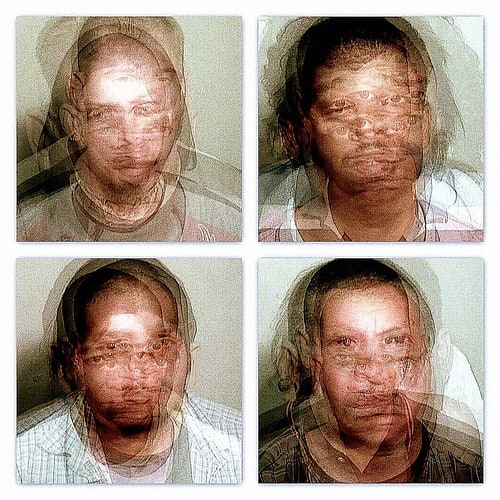
Expunging Sex Crimes in Texas
People who have been charged with sex crimes in Texas may wonder if they will ever be able to have the charges removed from their criminal record. Expungement is a legal process that allows a criminal record to effectively be erased. If expunction is successful, the person who obtained the expunction may be legally allowed to deny that the offense ever took place.
This means that they don’t have to report the offense on job applications and they may have some rights restored. Obviously, this can be very beneficial for people who have been charged with sex crimes. However, not everyone will be eligible for expungement.
Eligibility for Expunction
Only certain illegal activities are considered eligible to be expunged. In most cases, these activities include:
- Minor infractions
- Offenses for which a citation was issued
- Offenses that lead to an arrest but not a conviction
- Certain misdemeanors
- Non-violent felonies
- Certain drunk driving convictions committed by minors
This means that, for the most part, convictions cannot be expunged. In other words, if a person commits an offense and is never convicted, they may be eligible to petition for the expungement of their arrest record.
However, if a person commits that same offense and is convicted in court, they may not be eligible.
The Nature of Sex Crimes
The legal system considers sex crimes to be more serious than many other offenses. For this reason, expunction may not be an option for defendants charged with certain sexual offenses. For example committing one of the following crimes may mean that expunction is automatically ruled out:
- Possession or distribution of child pornography
- Exposing a child to obscene or explicit material
- Enticing a child to engage in sexual behavior
Practically all crimes involving sexual offenses committed against minors are automatically ineligible for expungement.
Certain sexually based offenses, such as non-violent sexual misconduct and lewd or lascivious behavior may be eligible for an order of expunction.
Expungement and the Sex Offender Registry
In Texas, a conviction for a sex crime can often result in mandatory registration as a sex offender. The length of this registration can vary. For some offenses, the mandatory registration must last for the duration of the defendant’s life. In other cases, the registration may only last for a few years.
In certain legal situations, a person who is ordered to register as a sex offender may have to serve their registration term even if their conviction is expunged. However, it may be possible for that person to obtain an order of deregistration from the sex offender registry.
It is not easy to obtain an order of deregistration. In order for this attempt to be successful, many conditions must be met:
- The federally mandated registration time must be less than the time ordered by Texas law
- The defendant must have no more than one sex crime on their record
- The defendant must complete the Sex Offender Education Program
- The defendant must receive a professional statement that they are unlikely to re-offend
- The conviction must be based on Texas law, out-of-state convictions are not eligible
There is also a special statute that applies to so-called “Romeo and Juliet” situations. These situations often occur when two minors, one aged 15 or older, and the other aged no more than four years older than the younger partner, engage in sexual activity. Since one partner is below the age of consent, charges of statutory rape may be filed even if the sex was consensual.
The special statute allows for the older partner to be removed from the sex offender registry. This usually applies because of the unique nature of young couples who engage in consensual sex.
In any case, a petition for expungement is more likely to succeed if it is conducted by an attorney. The process for obtaining an order of expunction is very complex and any slight mistake can result in a denial of the order. Hiring an attorney is the best way to pursue an order of expungement.
If you’ve been accused of a sex crime, it’s crucial to contact an experienced attorney. Brett A. Podolsky will fight to protect your rights. Call 713-227-0087 or email for a confidential consultation today!